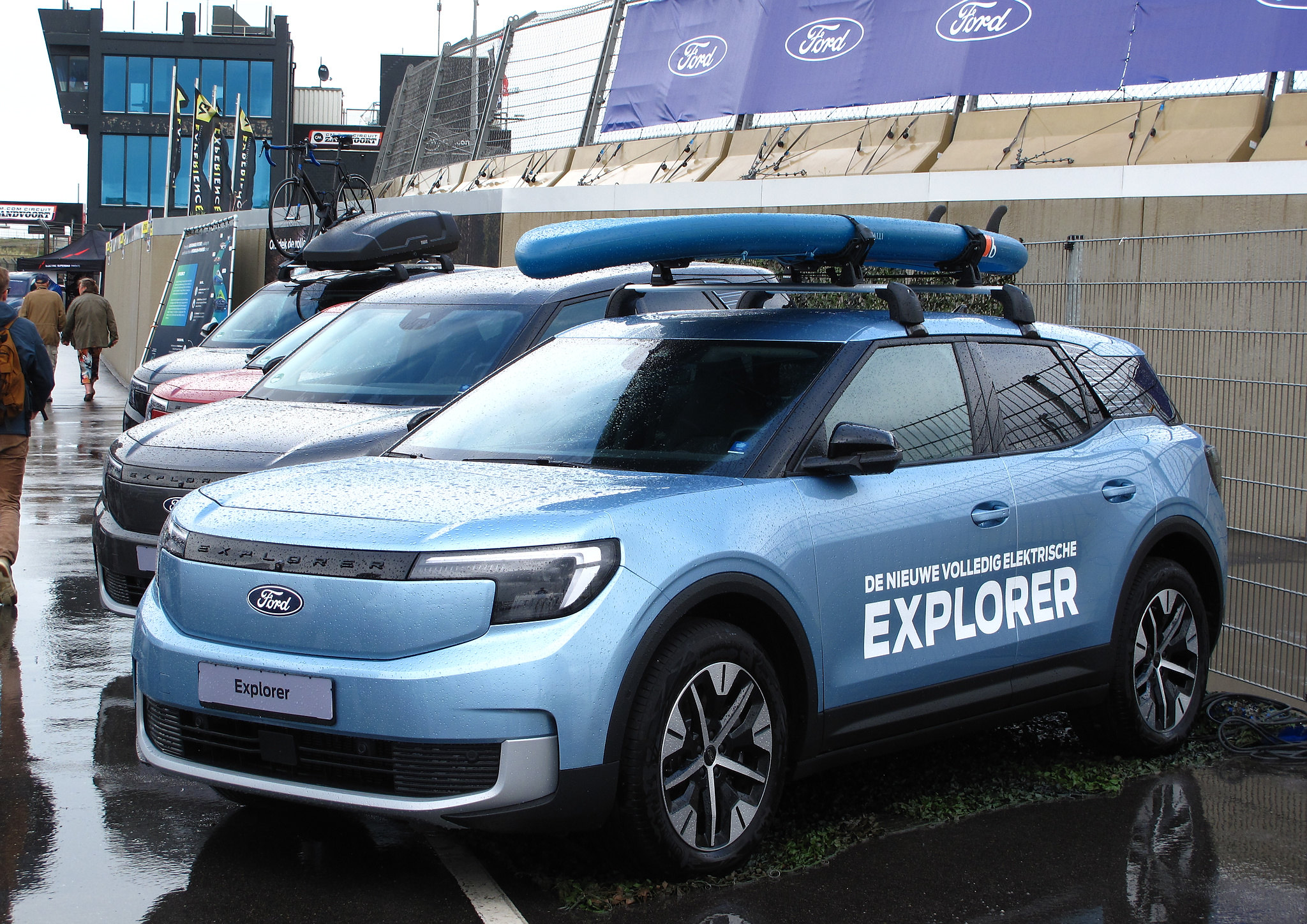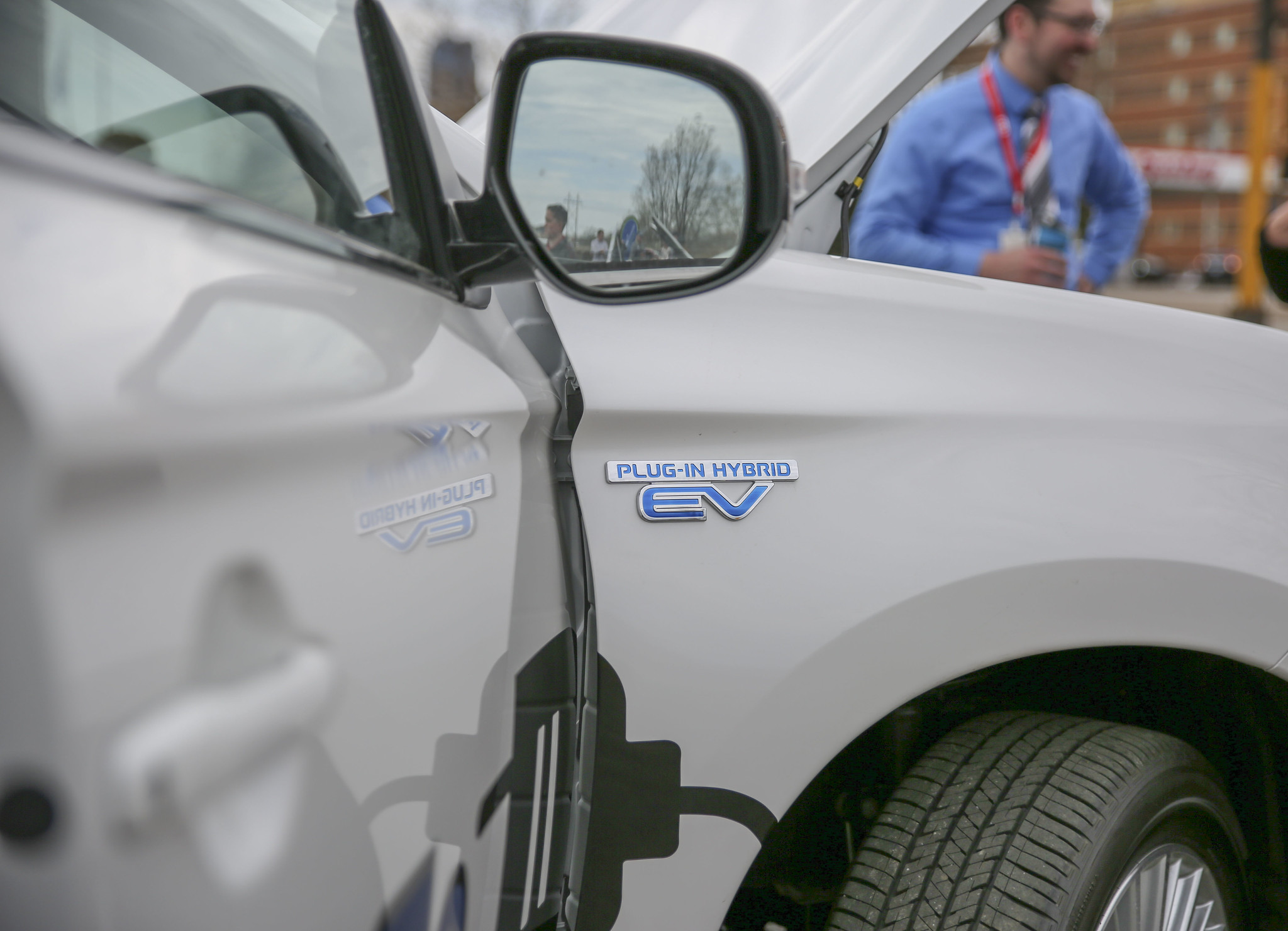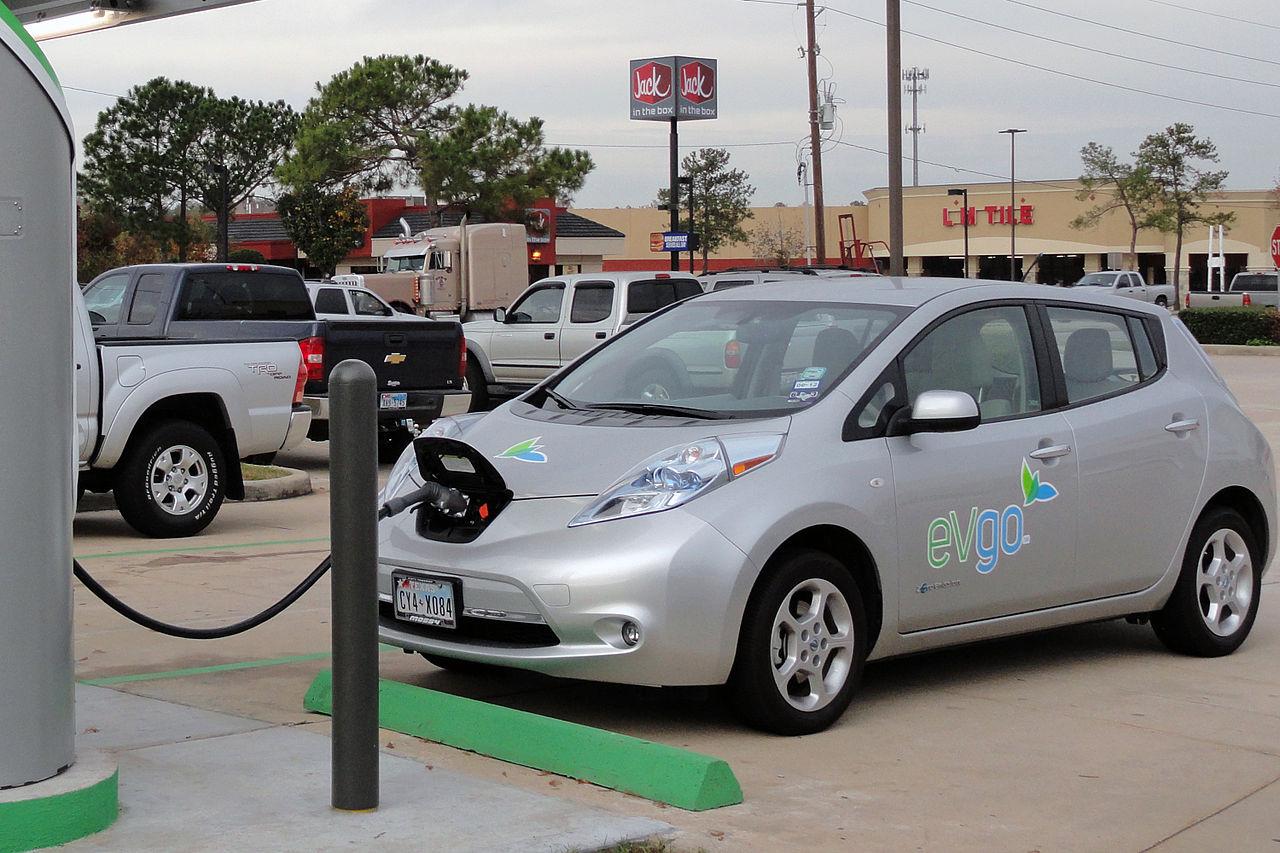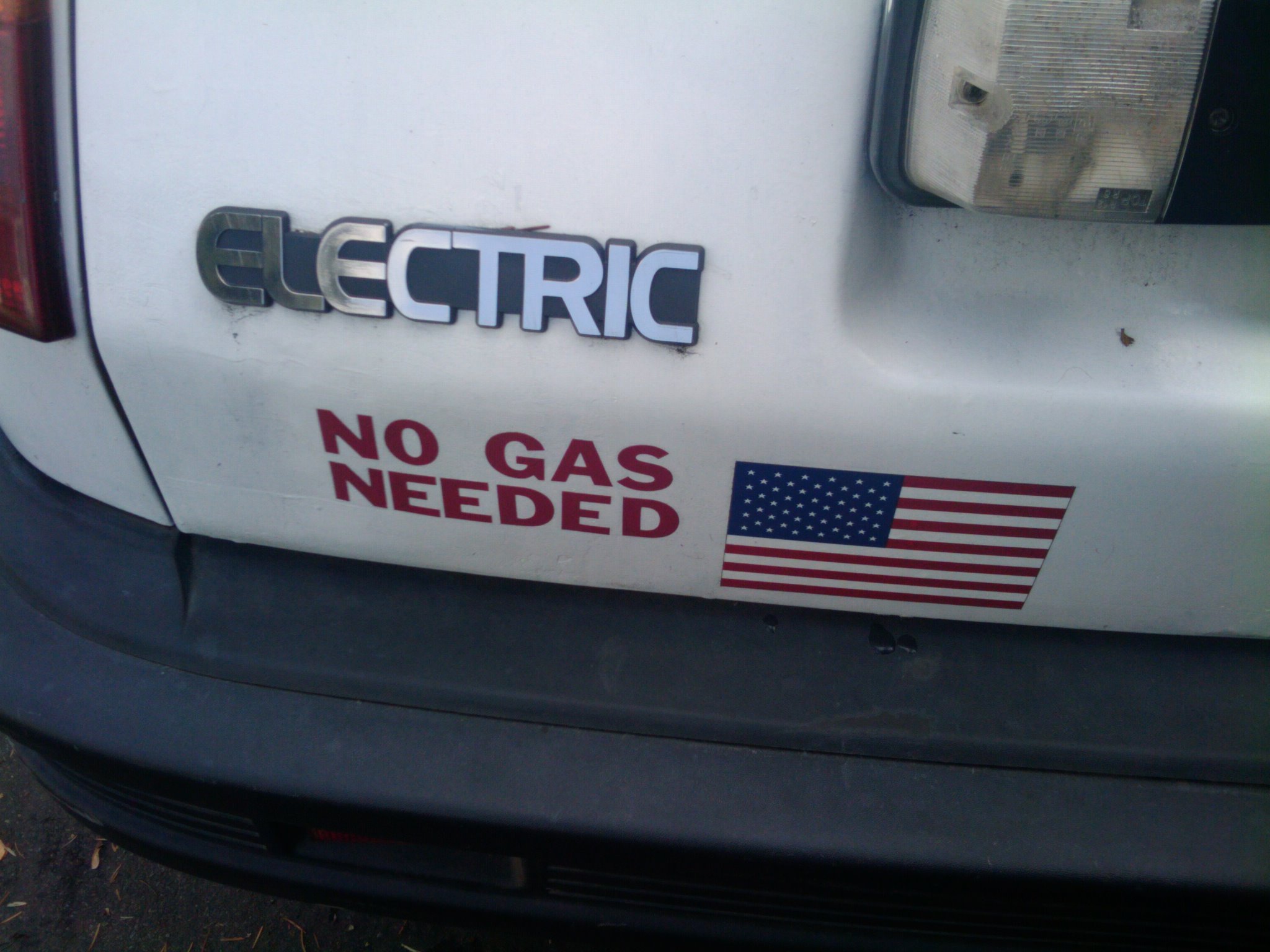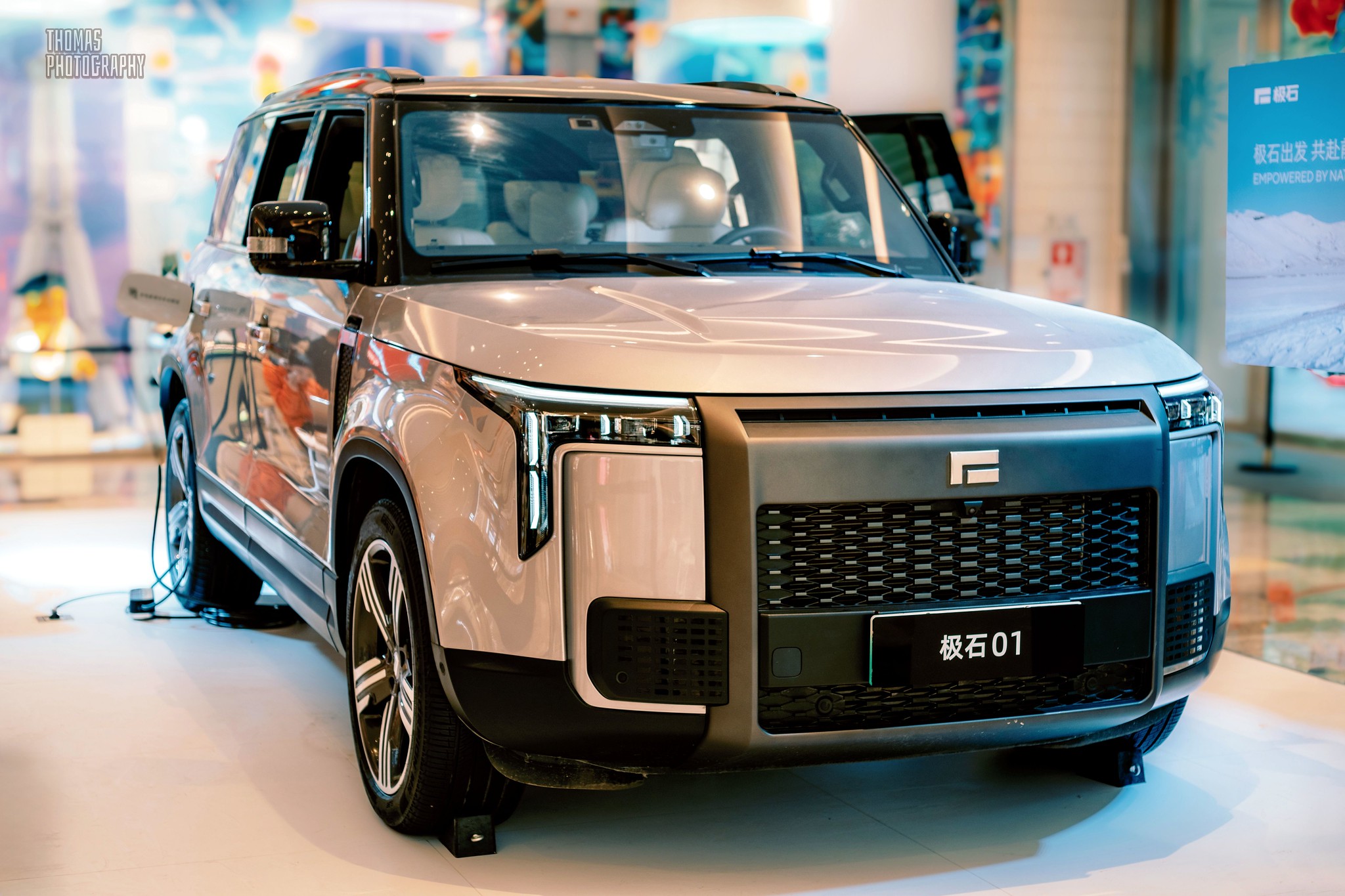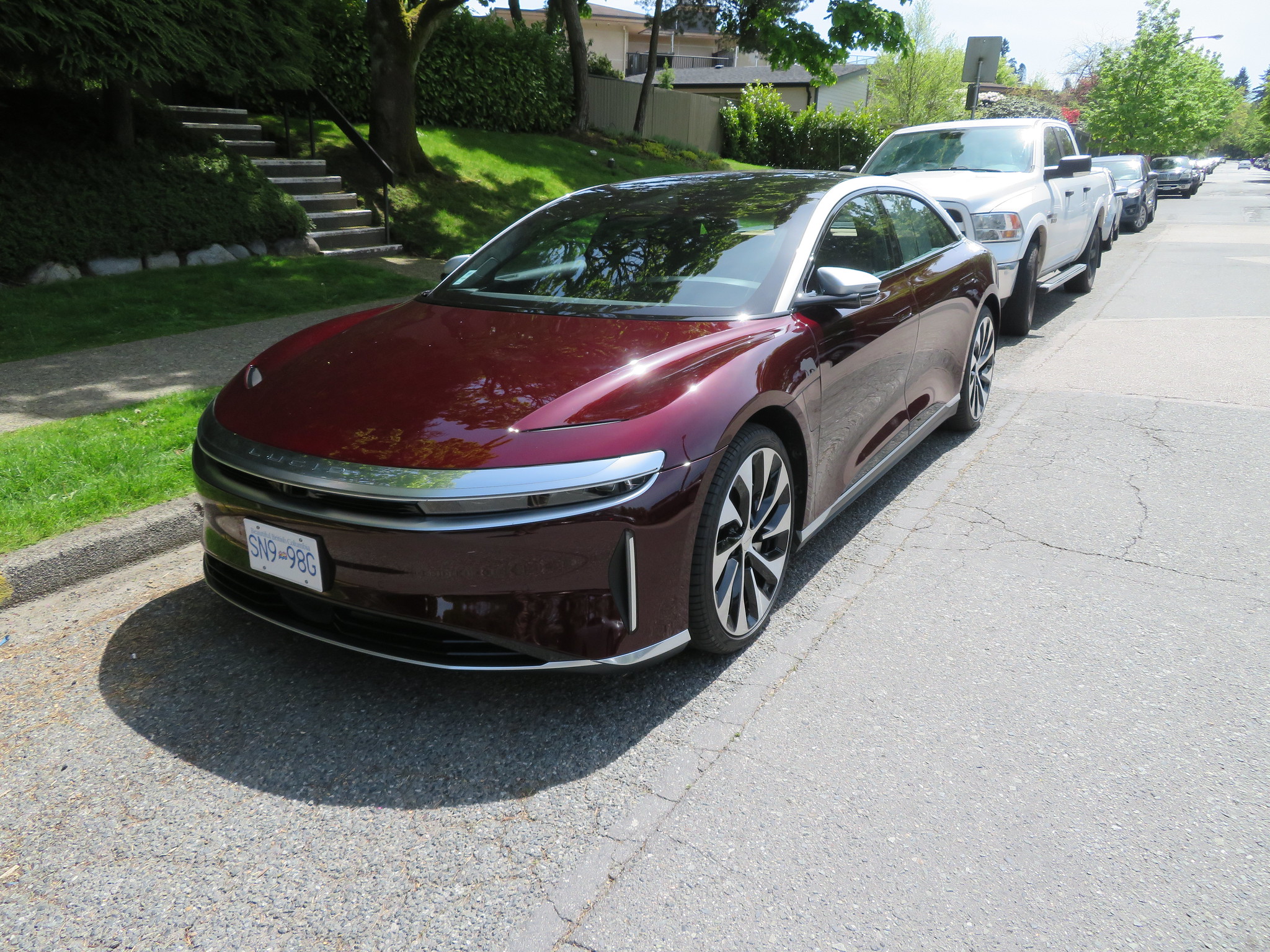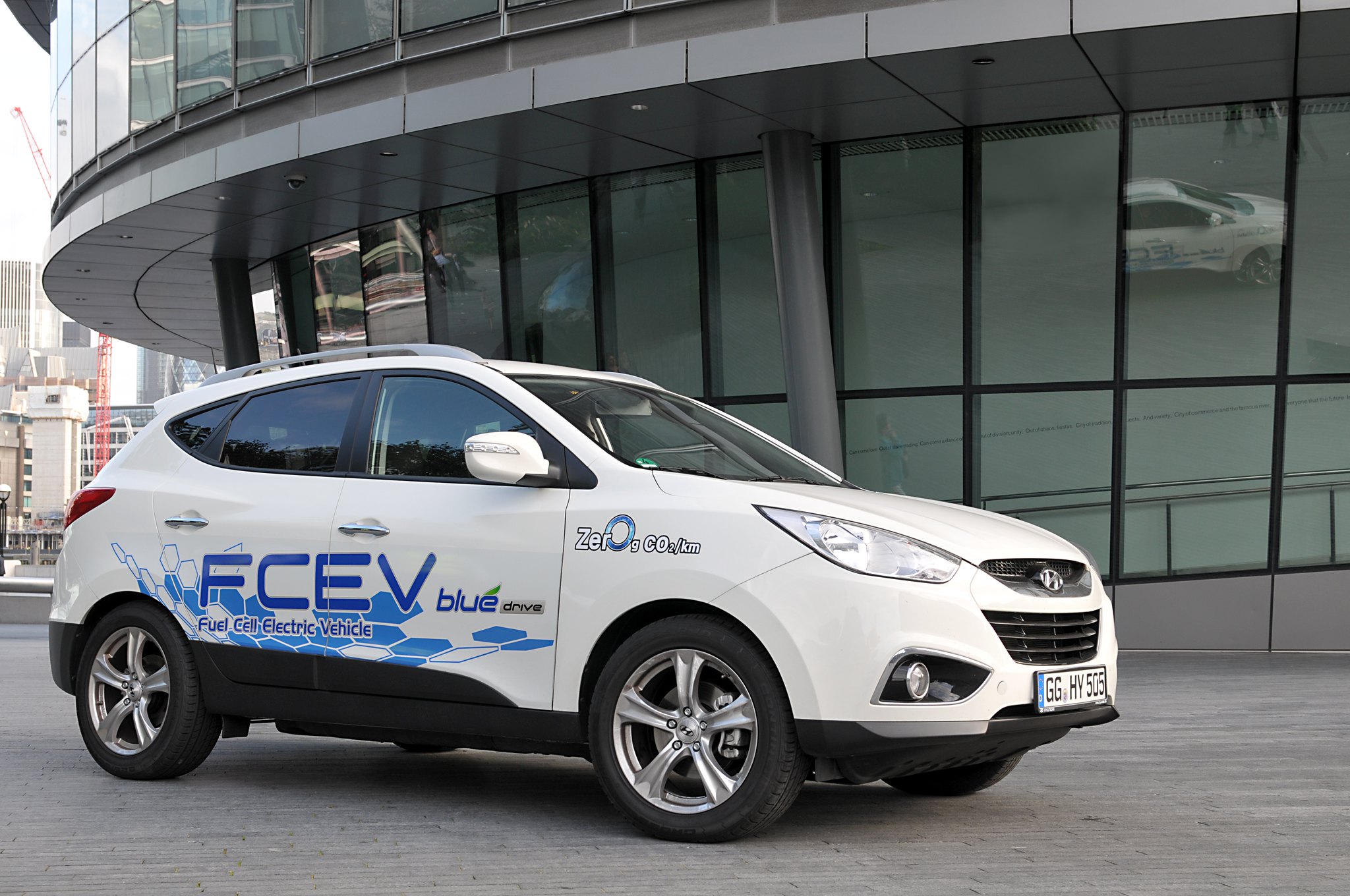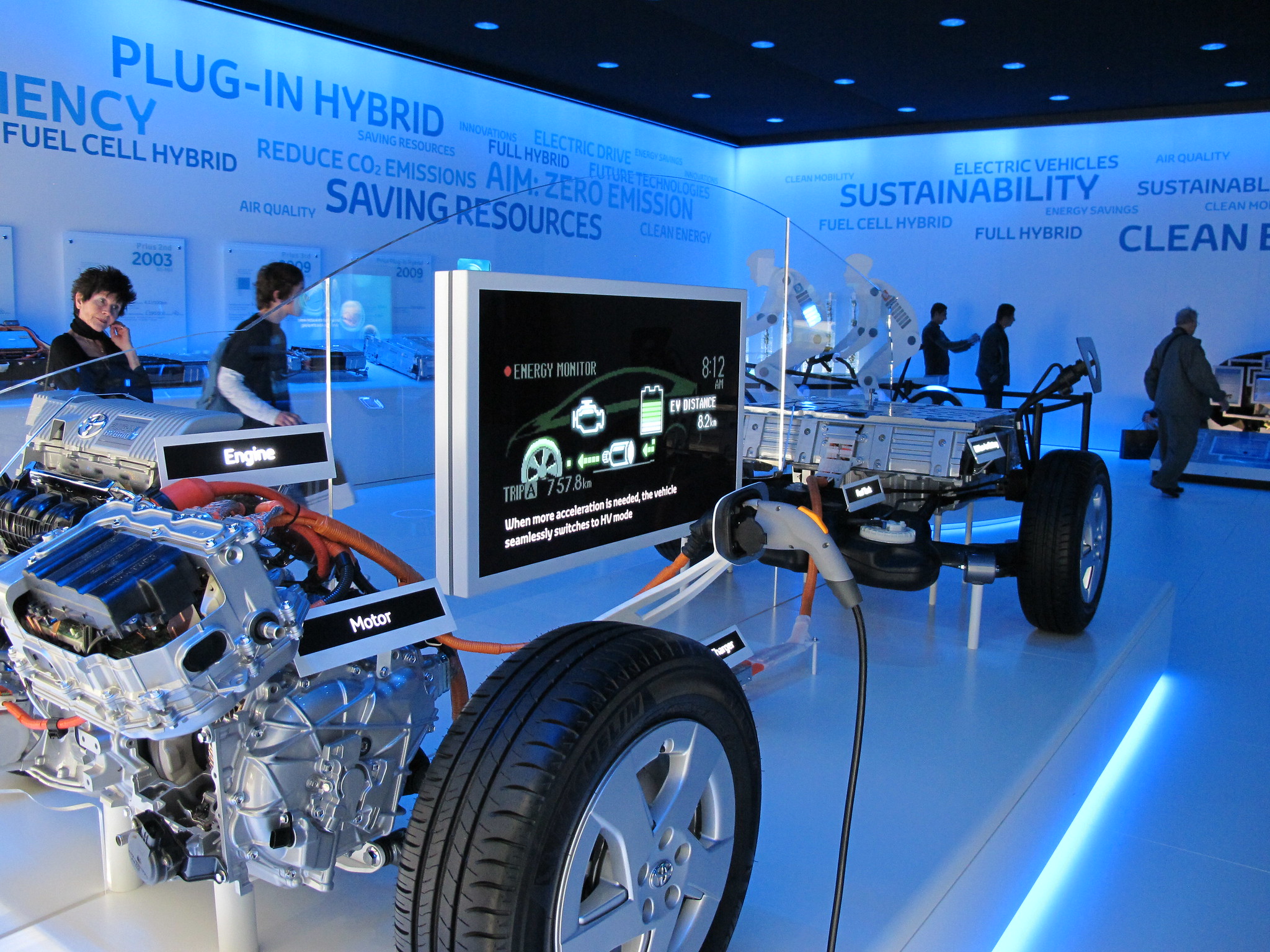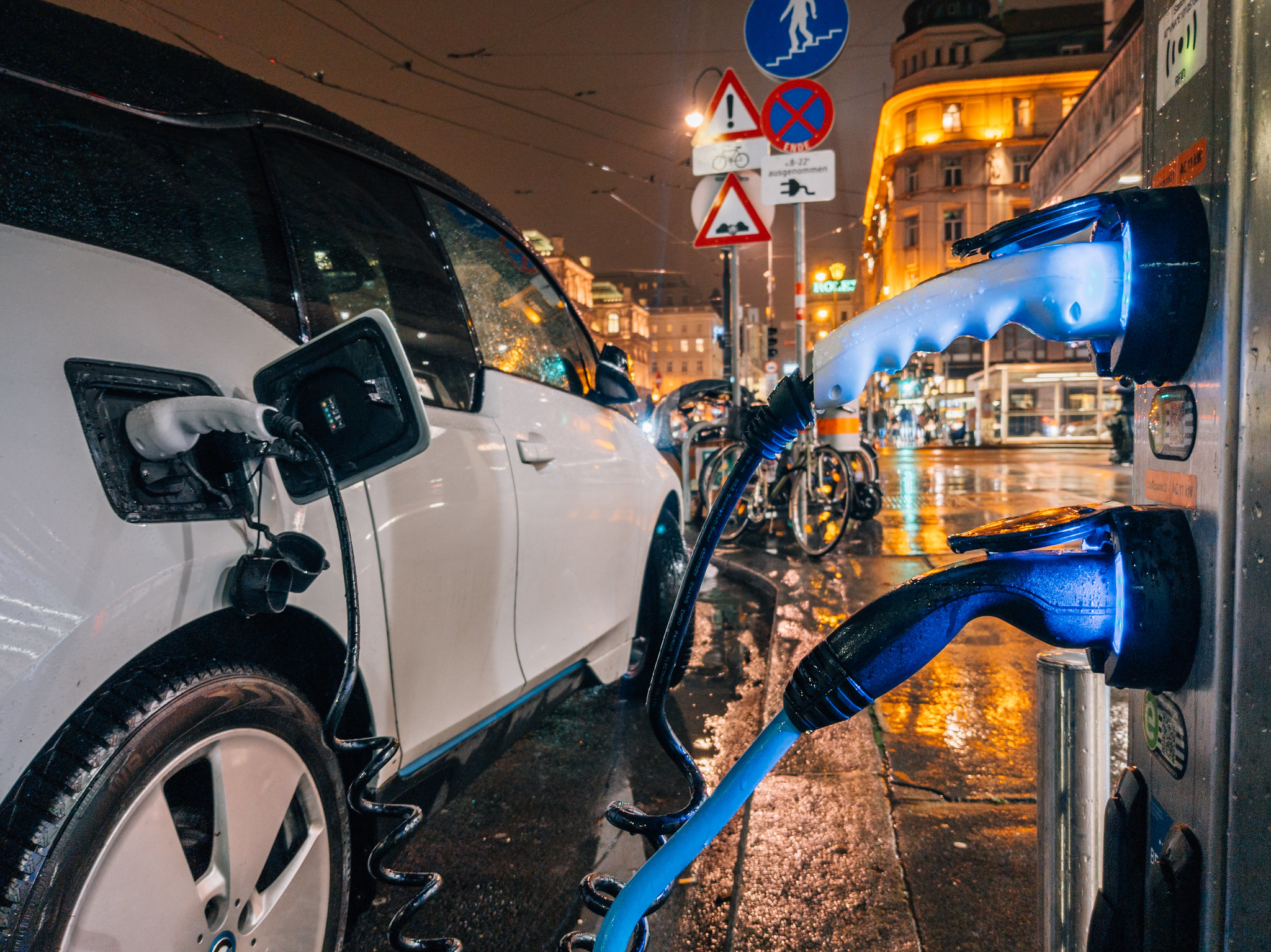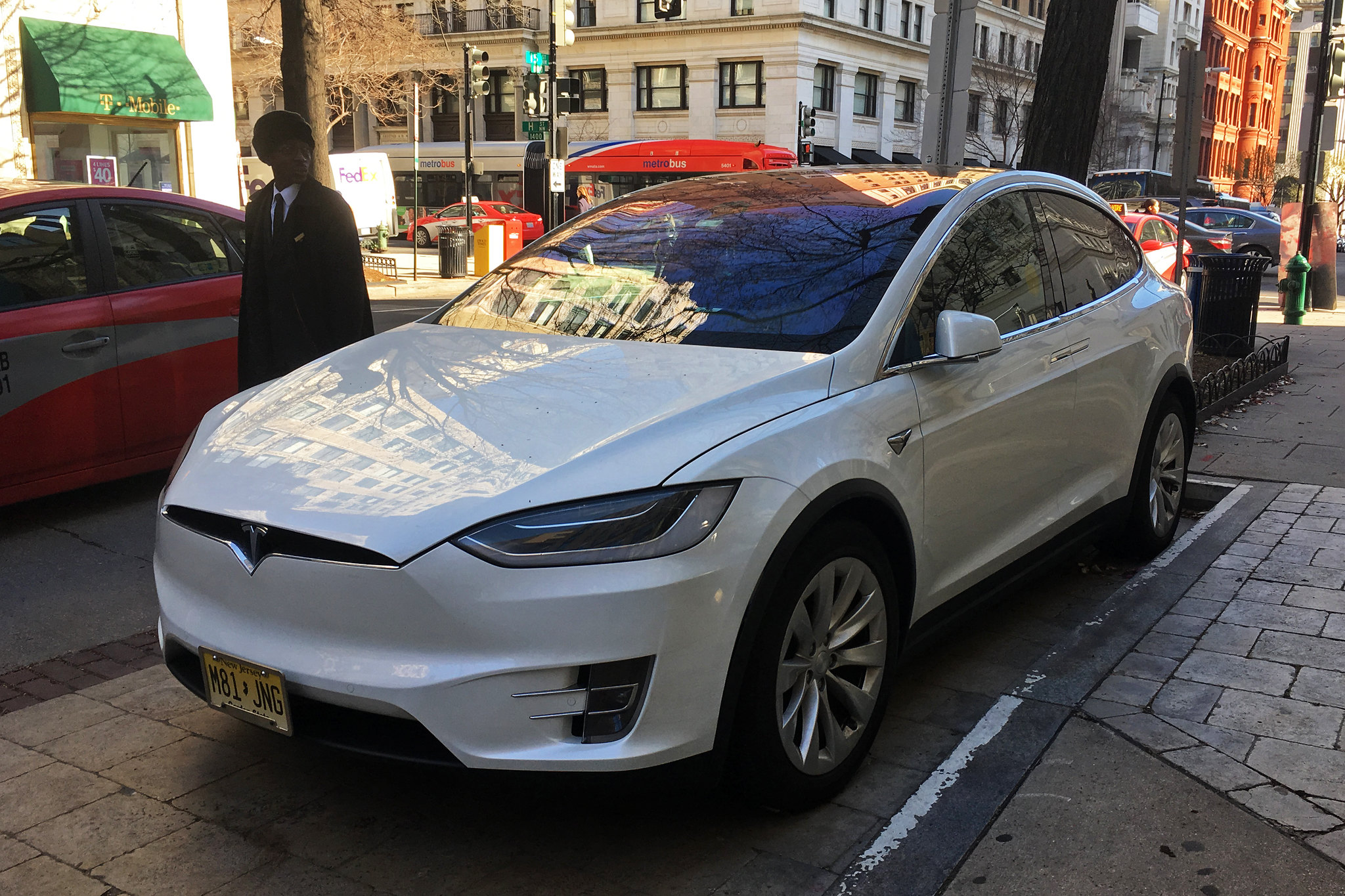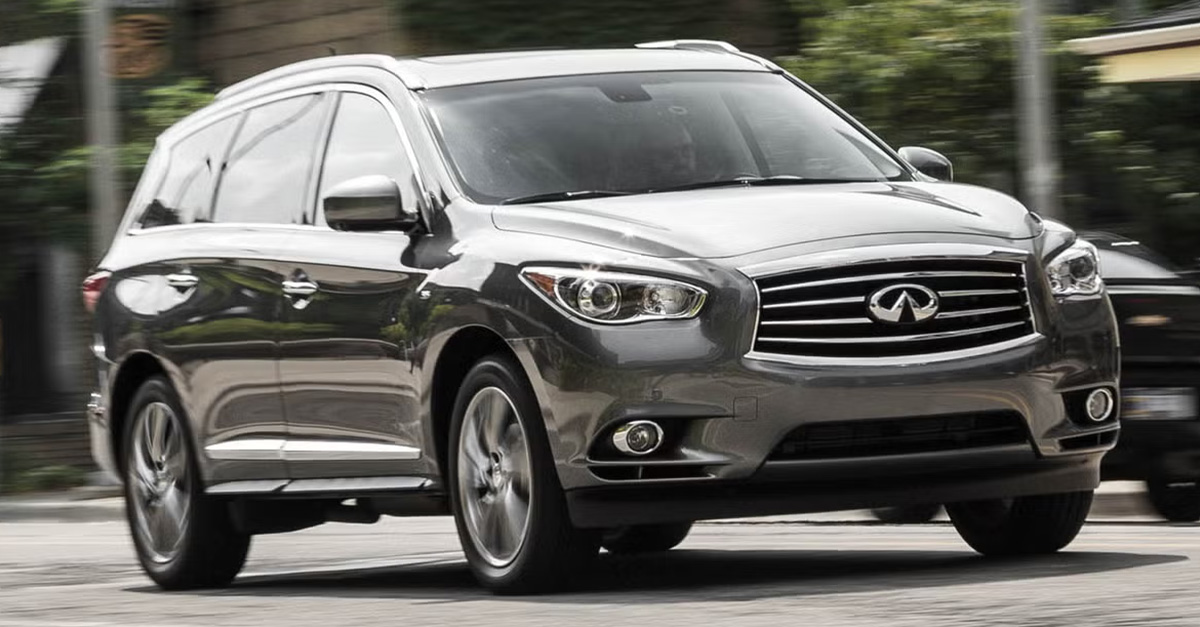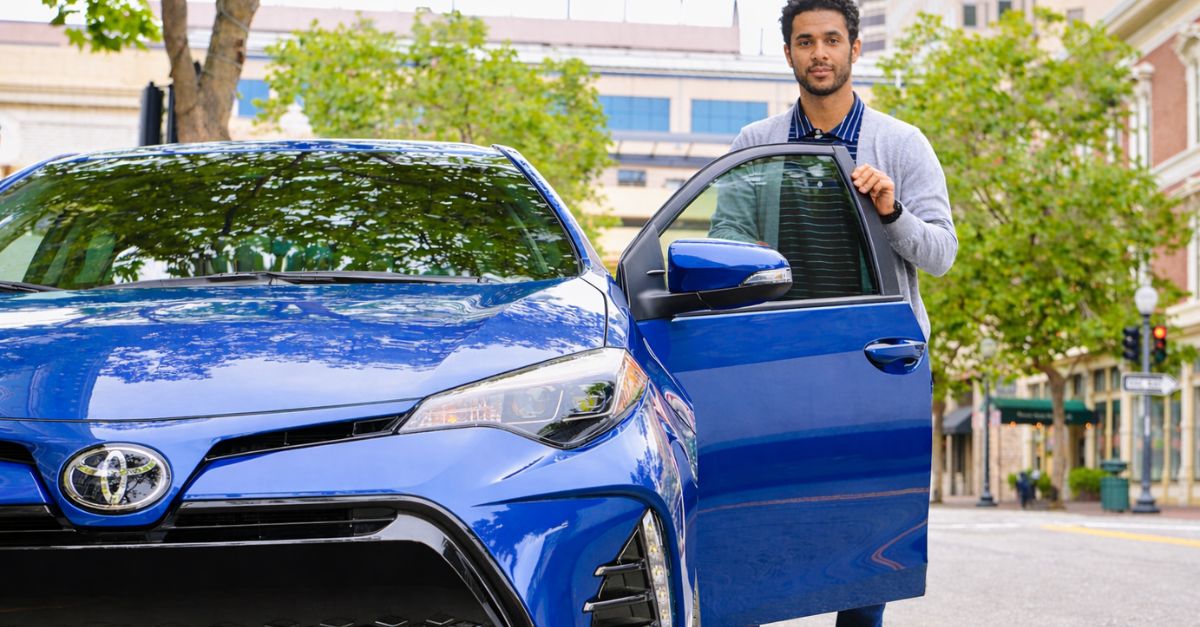The Pros & Cons Of An Electric Car
The electric vehicle market is charging worldwide as we move into a future vehicle market that is dominated by hybrid vehicles (vehicles that offer a mix of gasoline and battery power), a classic example of this being a Toyota Prius. Or, a fully electric vehicle, like a Tesla. It's a certainty that electric cars are here to stay.
So, whether you're exploring your options for electric vehicles, or are coming from a gasoline background and want to learn more about electric cars, here are some pros and cons for you to consider.
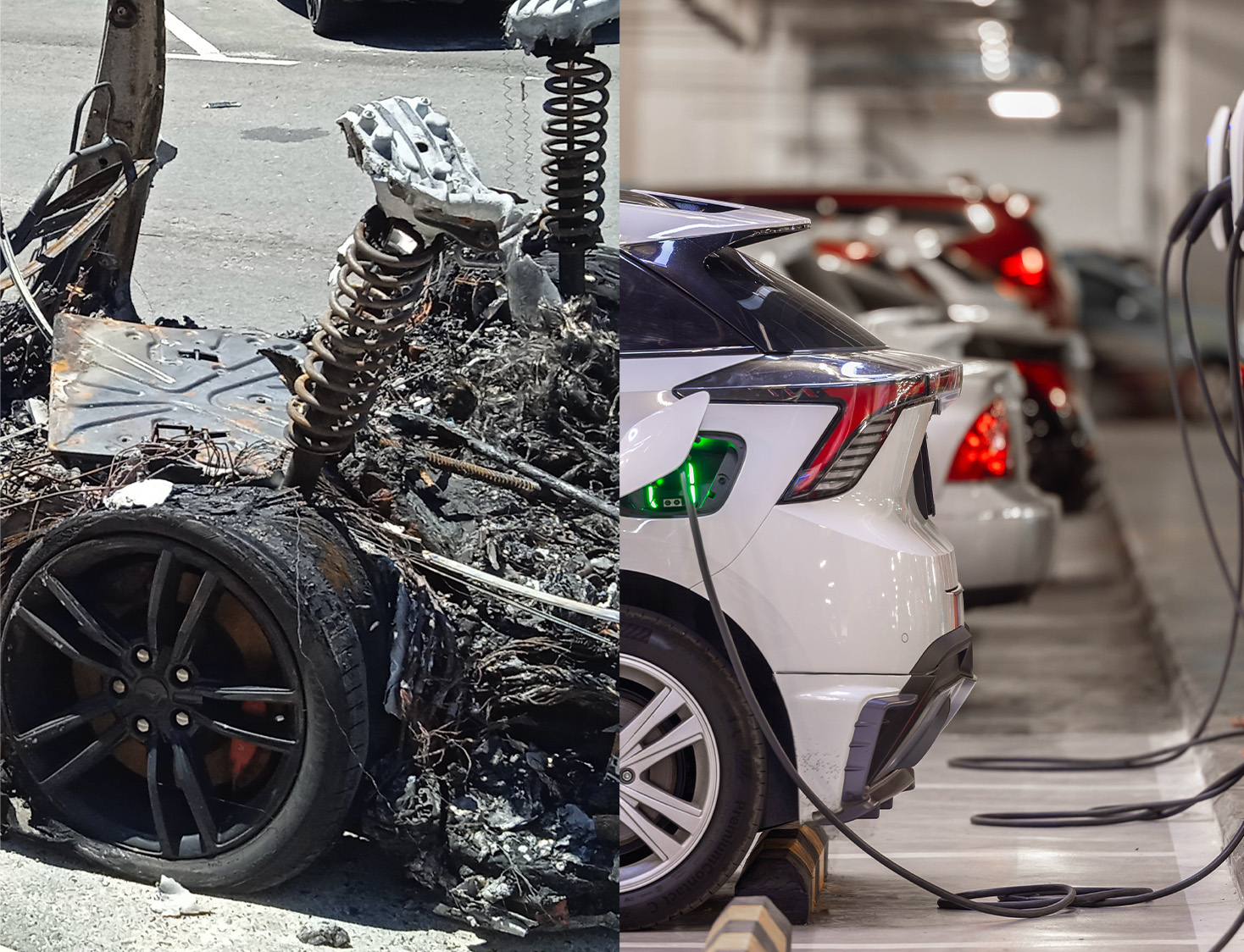
PHEVs, FHEVs, & BEVs: The Context
It's important to understand that "electric car" is something of an umbrella term. What we're talking about are either plug-in hybrid electric vehicles (PHEVs), hydrogen fuel-cell electric vehicles (HFCVs), or battery-electric vehicles (BEVs).
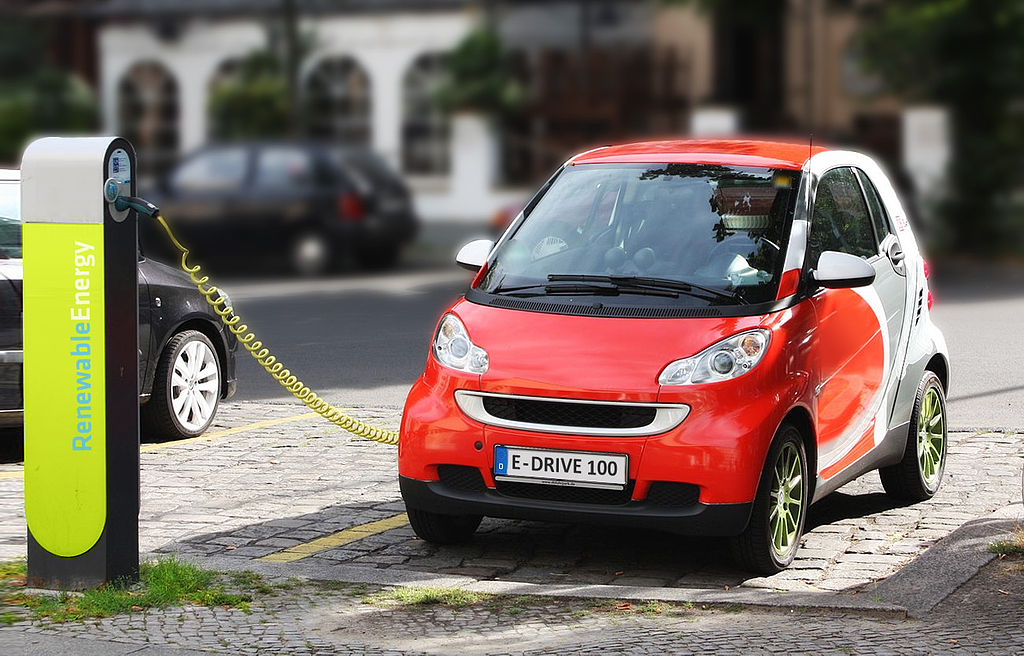 Michael Movchin, CC BY-SA 3.0, Wikimedia Commons
Michael Movchin, CC BY-SA 3.0, Wikimedia Commons
What Is A PHEV?
Most people are familiar with what a hybrid vehicle is, but I'll go over it briefly: plug-in hybrid electric vehicles take the concept of a hybrid and allow you to plug that vehicle into a power source to charge it. By giving you this option, plug-in hybrid electric vehicles allow you to go further without needing to burn any gasoline, saving you money in the long run.
What Is A HFCV?
You could just stick with a PHEV and call it a day. But, there's newer technology out there known as hydrogen fuel-cell electric vehicles or HFCVs. HFCVs store fuel cells onboard that react with oxygen to produce electricity. Hydrogen fuel cell vehicles also don't require a special charging station like you see Teslas and other EVs plugged into—just a simple 120V plug will do.
What Is A BEV?
Battery electric vehicles, or BEVs, are the best option for those looking to make the switch to fully emission-free. They require the use of an external charging source to charge but don't have a combustion engine aboard like a PHEV does, allowing you more room for more battery packs, which means more mileage. However, if you run out of battery power whilst driving in a BEV, you may be kind of screwed for a bit. Plan accordingly based on the mileage of your BEV.
Pros Of Buying A Hybrid Vehicle
Let's go over some of the pros of buying a hybrid vehicle.
 Ivan Radic, CC BY 2.0, Wikimedia Commons
Ivan Radic, CC BY 2.0, Wikimedia Commons
Pro: Fuel Economy
Without having to make that many drastic lifestyle changes, or install special plugs or charging systems in your home, you can make a transition away from solid fossil fuel consumption by purchasing a hybrid vehicle. If you're looking to limit your emissions but aren't ready or can't afford to spend the big bucks on fully electric, then the humble hybrid is the way to go.
Pro: Plug-In Hybrids Suit The Average Commuter
Plug-in hybrids are those that offer you the option to plug directly into a power source to charge your hybrid car battery, rather than (or in addition to) drawing power when the vehicle is running. According to data from the United States Census Bureau, the average daily commute is about 25 minutes and most Plug-In Hybrid Electric Vehicles (PHEVs) will do 30 to 40 miles just using their battery power. If you can plug in at work? You may never burn another cent of gas commuting again.
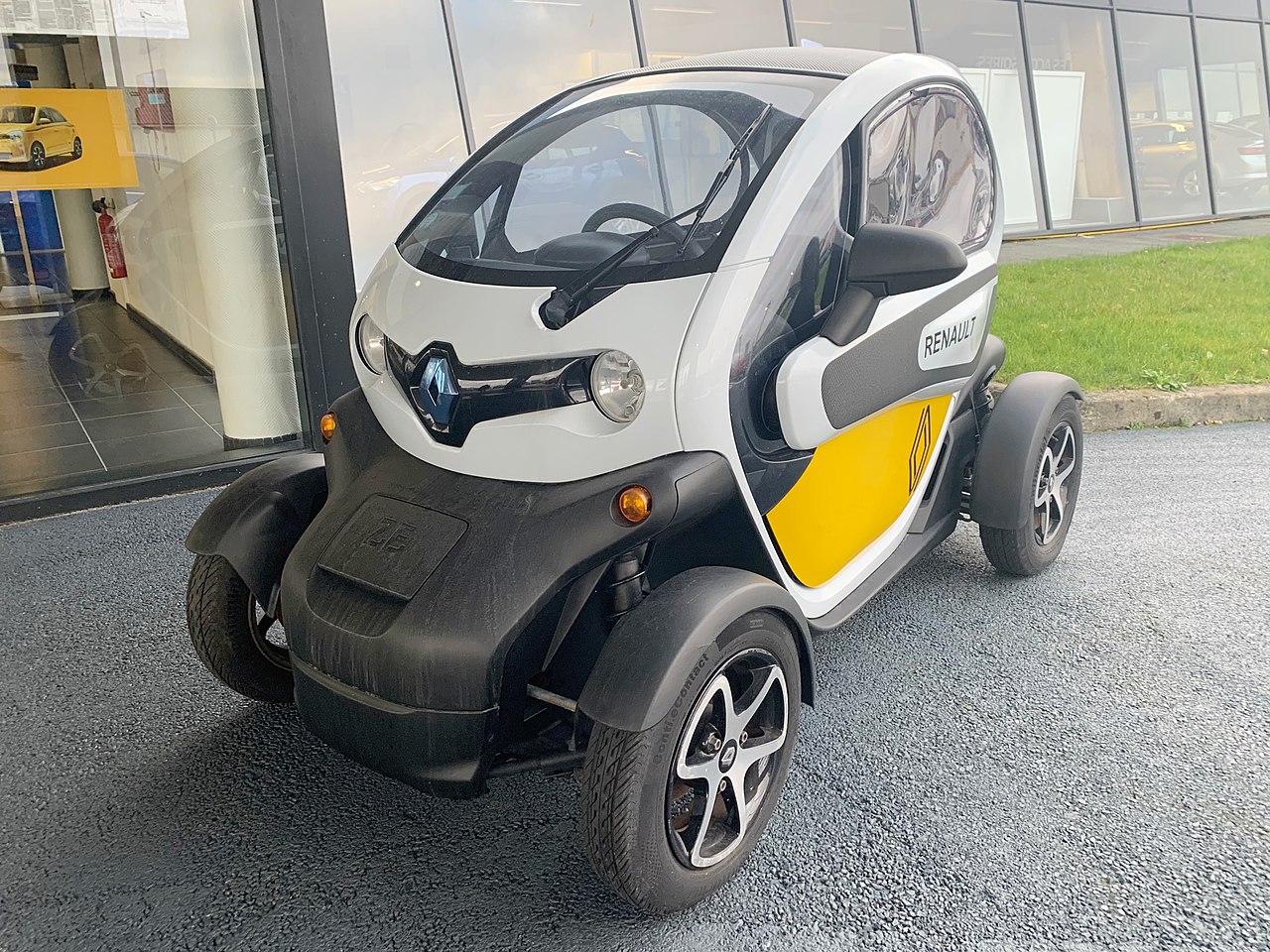 Rundvald, CC BY-SA 4.0, Wikimedia Commons
Rundvald, CC BY-SA 4.0, Wikimedia Commons
Pro: No Need To Hunt For A Charger
While the charging infrastructure in the mainland United States is getting better every day, you won't be stuck needing a charge with a PHEV, as you have the internal combustion engine to fall back on, which you can find a gas station for almost anywhere.
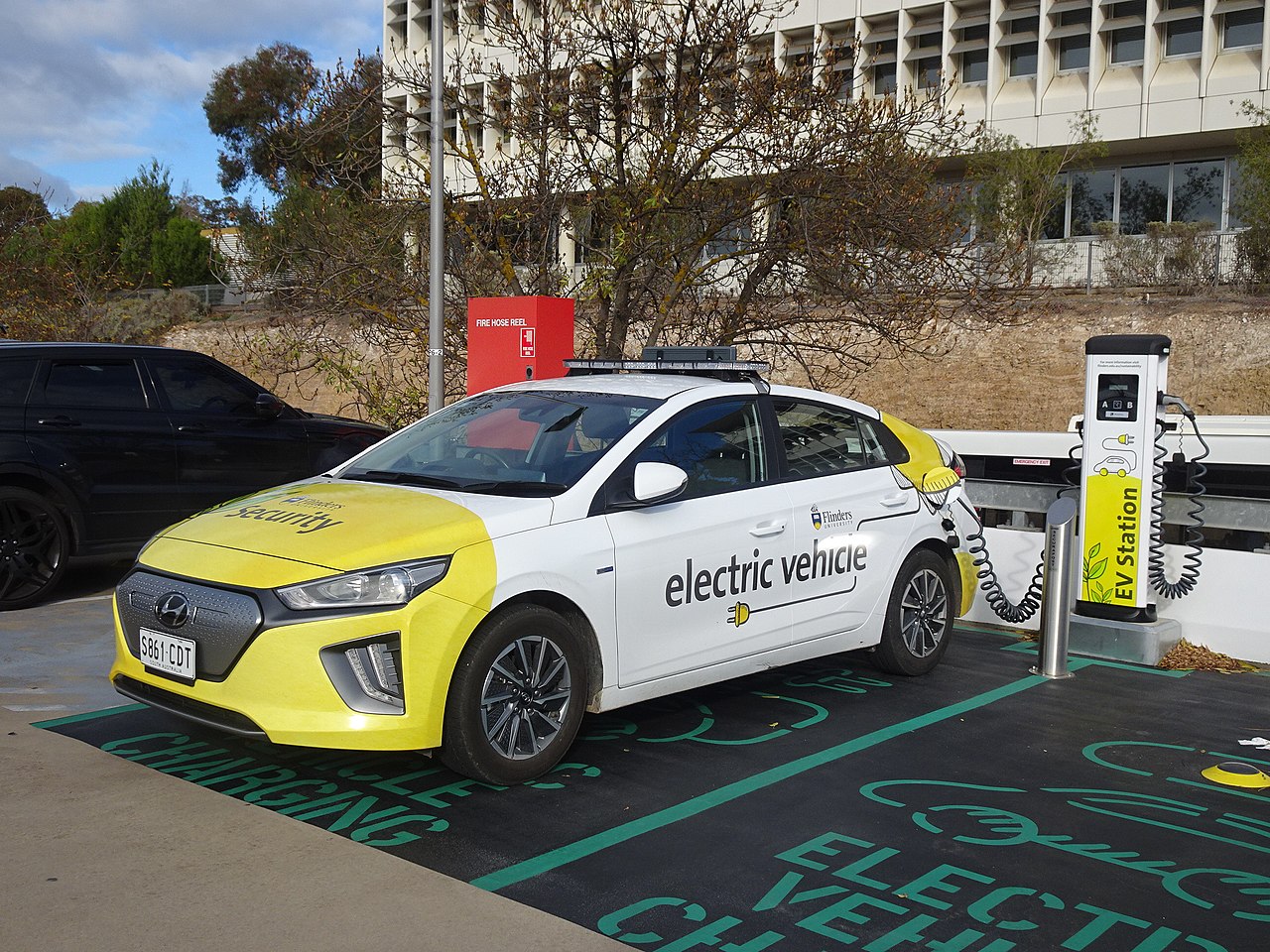 Michael Coghlan, CC BY-SA 2.0, Wikimedia Commons
Michael Coghlan, CC BY-SA 2.0, Wikimedia Commons
Con: Combustion Engine Maintenance
Because there's an internal combustion engine onboard, you'll still have to deal with the cost of maintaining that engine and all that it entails. However, most electrified vehicles have adapted braking systems that put less strain on a vehicle's brakes, meaning they'll last longer.
Con: You're Still Burning Gas
It's worth noting that if you're committed to living emission-free, then a PHEV is only a partial solution, as they still rely on gasoline engines to charge the car's batteries. So, you'll still be spending money on gasoline.
Pros & Cons Of Hydrogen Fuel Cell Electric Vehicles
Even though hydrogen fuel cell technology isn't quite mainstream yet, the technology works! There are only a handful of publicly available vehicles that are hydrogen fuel cell EVs: the Toyota Mirai, the Honda CR-V e:FCEV, and the Hyundai Clarity Fuel Cell used to be sold, but that was discontinued in 2023.
Let's examine some of the pros and cons of hydrogen cars and why so few have sold in the United States since 2015.
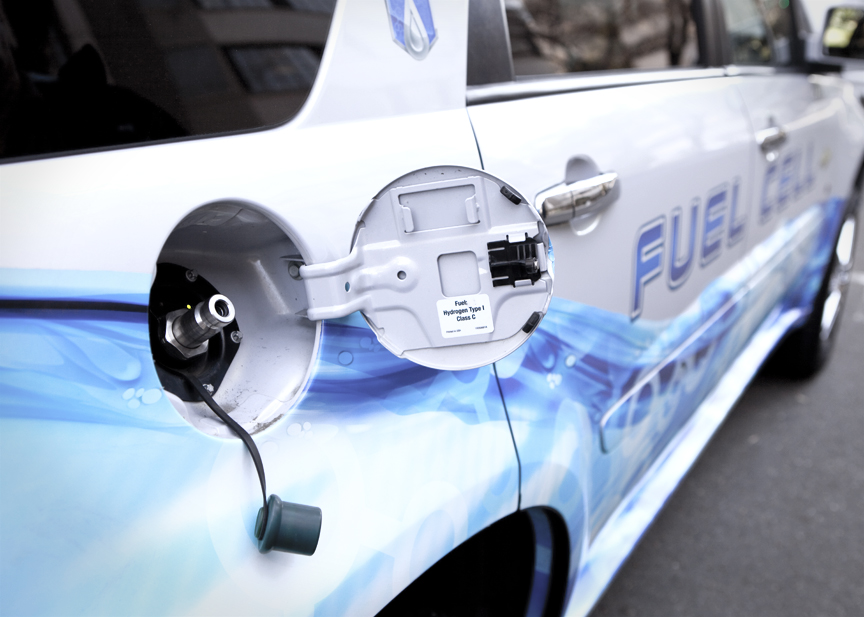 California Energy Commission, Flickr
California Energy Commission, Flickr
Pro: The Technology Works & Is Improving
Hydrogen cars are no longer a mere theoretical pipe dream of engineers. The technology works and is well-utilized by drivers, and despite not being able to match the sales figures of regular cars, or other hybrid or electric vehicles, people aren't selling their HFCVs en-mass.
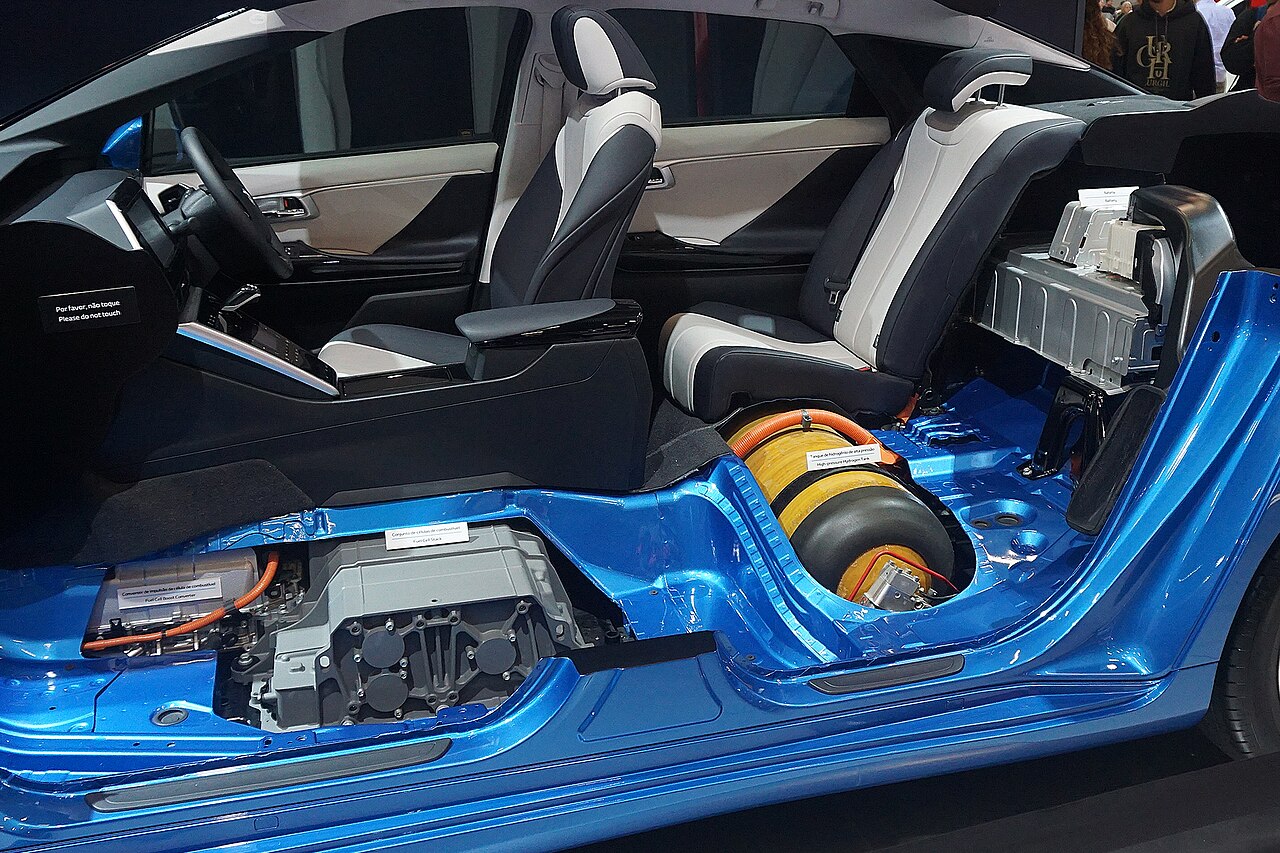 Mariordo, CC BY-SA 4.0, Wikimedia Commons
Mariordo, CC BY-SA 4.0, Wikimedia Commons
Pro: They're Extremely Quiet & Produce Zero Emissions
If you want a seamless drive without any noise and any emissions production, HFCVs are the way to go. You can also recharge your hydrogen fuel cell in under five minutes—about as much time as it takes for you to gas up.
Con: Charging Stations Are Few & Far Between
Unfortunately for the hydrogen fuel cell drivers, the infrastructure simply isn't there (yet) to support the technology, like it is for internal combustion engine cars and is becoming more prevalent for electric vehicles. We're still in the very early stages of HFCV technology, and thus, hydrogen fuel cell cars only make sense in very limited applications.
 Dr. Artur Braun, CC BY-SA 4.0, Wikimedia Commons
Dr. Artur Braun, CC BY-SA 4.0, Wikimedia Commons
Pros & Cons Of Battery Electric Vehicles
The Teslas of this world may have started mass production of battery electric vehicles to a great degree, but the technology for electric cars has been around for decades. Let's examine some of the pros and cons of choosing an EV as your next alternative vehicle to an internal combustion engine.
 Dr. Artur Braun, CC BY-SA 4.0, Wikimedia Commons
Dr. Artur Braun, CC BY-SA 4.0, Wikimedia Commons
Pro: No Loss Of Power Or Performance
Testing of the 2025 Rivian R1T showed that it can do 0 to 60 in three seconds flat. Because of the way an electric motor works, torque production occurs almost instantly, me
aning that you sacrifice almost nothing in power or performance. But, that's not why most people buy an EV.
 Mariordo, CC BY-SA 4.0, Wikimedia Commons
Mariordo, CC BY-SA 4.0, Wikimedia Commons
Pro: Clean Driving
Battery-powered electric vehicles do not have an exhaust and do not produce tailpipe emissions. On its own, your battery-operated electric vehicle might not save the planet if everything around you is burning fossil fuels—but you're doing your bit for the planet, so good on you!
 Alexander Migl, CC BY-SA 4.0, Wikimedia Commons
Alexander Migl, CC BY-SA 4.0, Wikimedia Commons
Pro: Less Moving Parts = Less Maintenance
While it is undoubtedly true that electric vehicles still require basic vehicle maintenance, the properly costly bit occurs in replacing the batteries themselves. However, because their engines have fewer moving parts, they (by default) require less maintenance.
Con: Battery Packs Are Very Expensive
Replacing your battery pack (which you'll have to do after about 10 to 12 years, sometimes sooner) is an eye-watering expense that many are not prepared for. Be warned that a brand new battery pack can be in the thousands if not tens of thousands of dollars. Ensure you're putting a little away each time you don't have to fill up with gas to go towards your new battery pack.
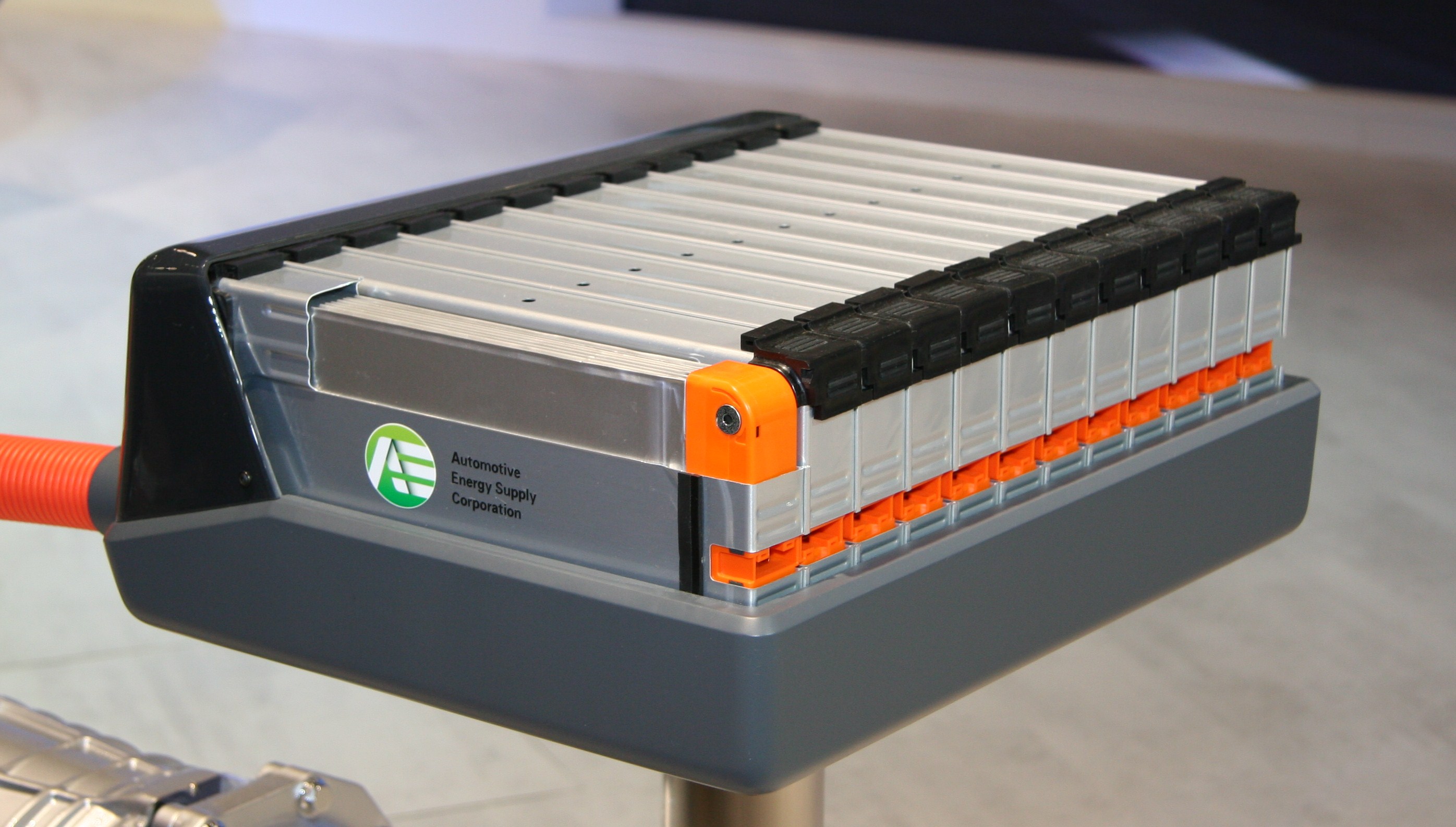 TTTNIS, CC BY 2.0, Wikimedia Commons
TTTNIS, CC BY 2.0, Wikimedia Commons
Con: The Hassles Of Charging
Regrettably, just like the hydrogen fuel cell infrastructure, car charging infrastructure in the United States is still fairly limited. I mean, sure, Tesla has been putting up chargers like they're going out of fashion, but depending on where you live, you may be miles from the nearest charger. Consider installing an at-home charging unit—this is the most cost-effective and efficient way to charge your EV.
Con: Hauling Hell
Unfortunately, neither Tesla nor Rivian nor Ford have worked out quite how to make their trucks effective at hauling heavy objects, like trailers, while maintaining range. Testing has illuminated that projected ranges of certain EV trucks fell by nearly two-thirds when hauling a 6,100-pound trailer. Now, your mileage may vary, but if you need something with hauling capacity, you may be better off with an internal combustion engine.
Tesla's Driving Range Exaggeration Scandal
In mid-2023, investigative journalists from Reuters discovered that Tesla had created a secret "Diversion Team" to cancel as many range-related service appointments as possible after thousands of customers had launched complaints about the vehicle's range performances in cold weather.
In general, electric vehicles and other gasoline alternatives are the way of the future and the technology can only get better, not worse. We're not going back, only forward. While the infrastructure may not yet exist to fully support and integrate electric or other alternative vehicle types into everyday American life, it's on its way, faster than a self-driving Tesla.
Do you have an EV? What do you like about it? Do you have any regrets? What would you change about your electric vehicle? Let us know in the comments below!


